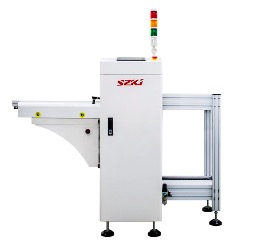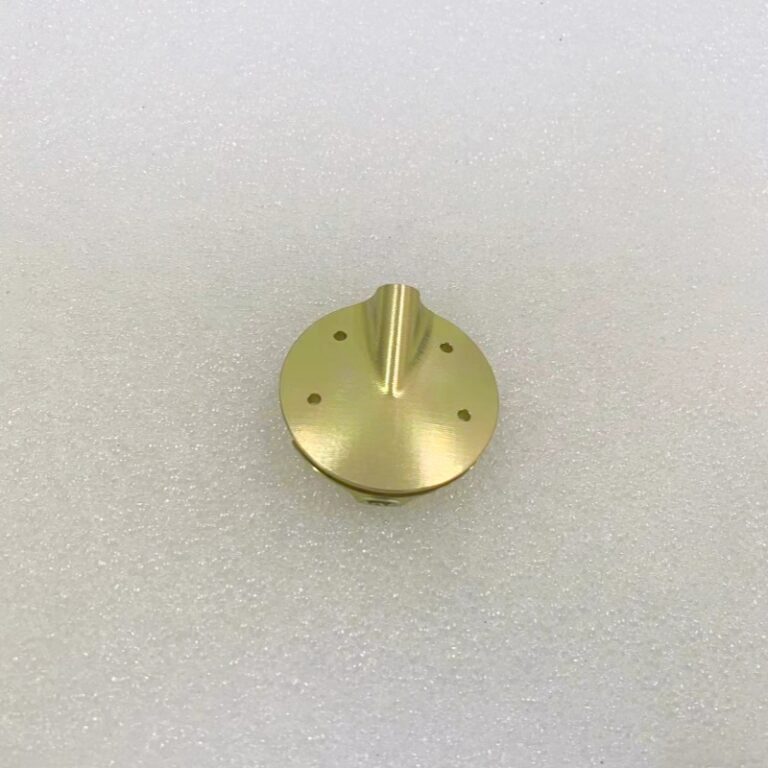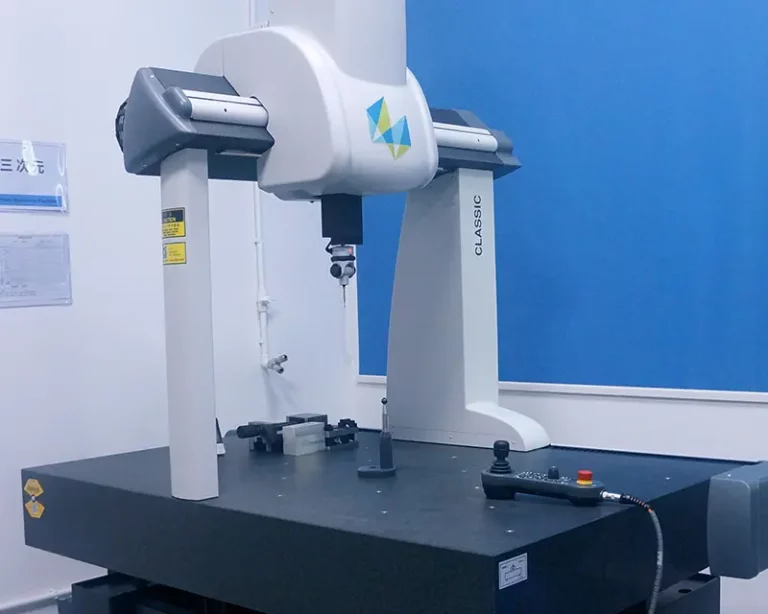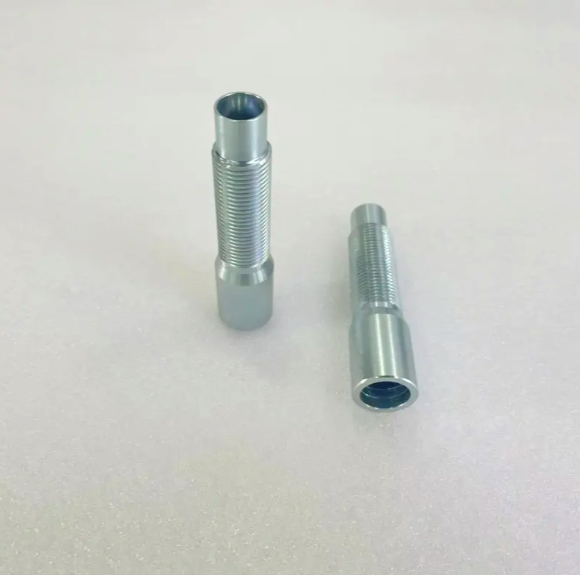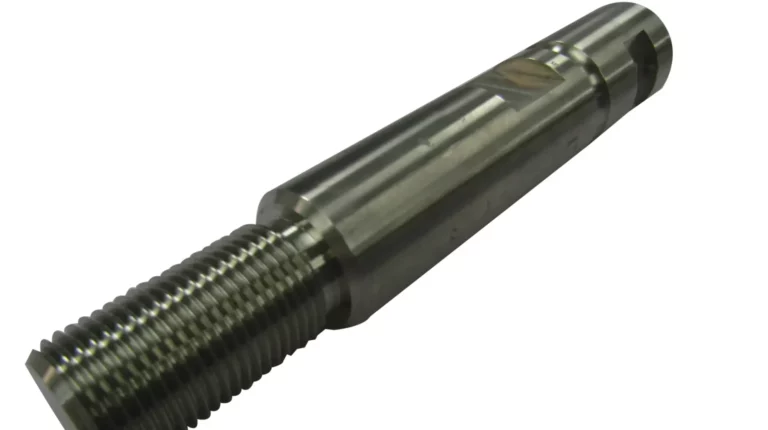Inverters have become increasingly fundamental for present-day homes, particularly in regions with temperamental power supplies or continuous blackouts. The solid inverter for home use guarantees a nonstop power supply and improves the productivity of home energy frameworks. This blog post will discuss the most important things to consider when choosing an inverter for your home, making it easier to choose the best one for your needs.
What is an Inverter?
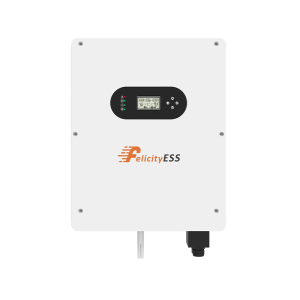
An electronic device known as an inverter transforms direct current (DC) generated by a battery or solar panel into alternating current (AC) utilized by home appliances. In the event of power fluctuations or outages, inverters keep your day-to-day activities uninterrupted by providing a stable and consistent power supply.
Types of Inverters For Home Use
1. Pure Sine Wave Inverters For Home Use:
The waveform produced by these inverters is clean and smooth and closely resembles the grid-supplied electricity. They are ideal for delicate electronics and appliances, like computers and medical equipment, because they ensure efficient operation while minimizing the risk of damage. Even though they usually cost more, their better performance makes it worth it for homes that need a lot of power.
2. Modified Sine Wave Inverters:
The waveform produced by these inverters is clean and smooth and closely resembles the grid-supplied electricity. They are ideal for delicate electronics and appliances, like computers and medical equipment, because they ensure efficient operation while minimizing the risk of damage. Even though they usually cost more, their better performance makes it worth it for homes that need a lot of power.
3. Square Wave Inverters:
These inverters are the most inexpensive and inefficient. They produce a square-molded waveform, which isn't reasonable for most home machines because it causes damage, low quality, and potential. They are not recommended for typical household use but are typically used for basic applications.
How to Choose the Right Inverters for Home Use
Determine Your Power Needs:
Determine the total wattage needed to run your essential appliances. Make a list of appliances, such as air conditioners, lights, and refrigerators, that you want to keep running even if the power goes out. Make sure the inverter you choose can handle these devices' combined wattage.
Consider Battery Compatibility:
Batteries are used in conjunction with inverters. If necessary, invest in a new battery or select an inverter that is compatible with your existing battery setup. Ensure that the battery has enough capacity to provide the desired backup time.
Evaluate Efficiency and Runtime:
Look for inverters with high-efficiency ratings to ensure minimal energy loss during the conversion. Also, consider the inverter's runtime, which is affected by the load requirements and battery capacity. Longer runtimes are essential for prolonged power outages.
Conclusion
Purchasing the appropriate inverters for home use is essential to ensure a stable power supply and safeguard your valuable electronics and appliances. By comprehending the various types of inverters, assessing your power requirements, and considering additional features, you can make an informed decision that meets your household's needs. Whether you want dependable reinforcement during blackouts or a productive answer for dealing with your home's energy utilization, choosing the right inverter will give you inner harmony and continuous power for your day-to-day needs.
0
 An electronic device known as an inverter transforms direct current (DC) generated by a battery or solar panel into alternating current (AC) utilized by home appliances. In the event of power fluctuations or outages, inverters keep your day-to-day activities uninterrupted by providing a stable and consistent power supply.
An electronic device known as an inverter transforms direct current (DC) generated by a battery or solar panel into alternating current (AC) utilized by home appliances. In the event of power fluctuations or outages, inverters keep your day-to-day activities uninterrupted by providing a stable and consistent power supply.
 An electronic device known as an inverter transforms direct current (DC) generated by a battery or solar panel into alternating current (AC) utilized by home appliances. In the event of power fluctuations or outages, inverters keep your day-to-day activities uninterrupted by providing a stable and consistent power supply.
An electronic device known as an inverter transforms direct current (DC) generated by a battery or solar panel into alternating current (AC) utilized by home appliances. In the event of power fluctuations or outages, inverters keep your day-to-day activities uninterrupted by providing a stable and consistent power supply.

